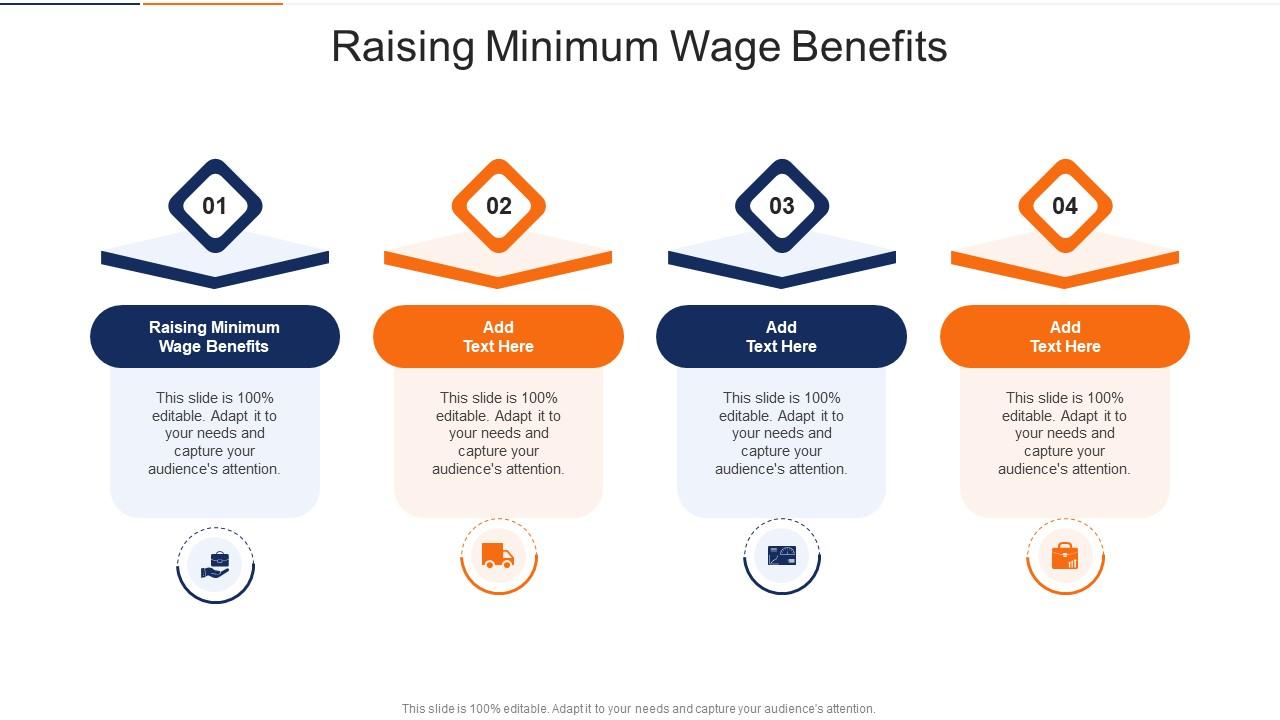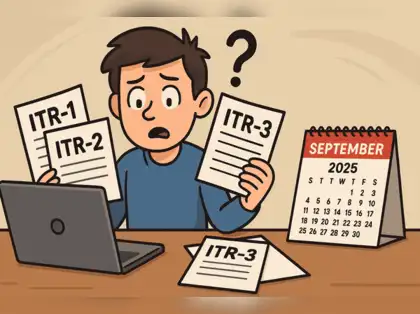Benefits of Raising Minimum Wage
In this article, we will explore the numerous benefits of raising the minimum wage. By analyzing the impact of increasing the minimum wage, we aim to provide a comprehensive understanding of the advantages it brings to individuals, families, and the overall economy.
Enhanced Financial Security
Raising the minimum wage offers a significant boost to the financial security of low-income workers. By increasing their earnings, individuals can better meet their basic needs such as food, housing, and healthcare. This leads to a reduced reliance on government assistance programs and an overall improvement in their quality of life.
Reduced Income Inequality
One of the key benefits of raising the minimum wage is its potential to reduce income inequality. By ensuring fair compensation for all workers, regardless of their skill level or occupation, we can bridge the wealth gap between the rich and the poor. This promotes a more equitable society and fosters social cohesion.
Improved Consumer Spending
Increasing the minimum wage also stimulates consumer spending, which is vital for a thriving economy. When low-wage workers earn more, they have more disposable income to spend on goods and services. This increased spending drives demand, leading to business growth, job creation, and a positive cycle of economic prosperity.
Boost to Small Businesses
Contrary to popular belief, raising the minimum wage can benefit small businesses. By ensuring that workers earn a fair wage, employees are more motivated, loyal, and productive. This can result in lower turnover rates, reduced training costs, and improved customer service. Ultimately, these factors contribute to the long-term success of small businesses.
Decreased Employee Turnover
One of the challenges faced by many industries is high employee turnover. However, by raising the minimum wage, businesses can reduce turnover rates. When workers are paid a fair wage, they are more likely to stay in their jobs, leading to increased employee retention. This stability allows businesses to maintain a skilled workforce, resulting in improved productivity and efficiency.
Positive Health Outcomes
Raising the minimum wage also has positive implications for public health. With higher wages, individuals have better access to healthcare services, leading to improved physical and mental well-being. Additionally, reduced financial stress can alleviate the negative health effects associated with poverty, ultimately reducing healthcare costs for individuals and society as a whole.

In conclusion, raising the minimum wage offers a multitude of benefits, including enhanced financial security, reduced income inequality, improved consumer spending, and a boost to small businesses. Additionally, it helps decrease employee turnover and has positive health outcomes. By recognizing the advantages of raising the minimum wage, we can work towards building a fairer and more prosperous society for all.
Frequently Asked Questions
1. What is the minimum wage?
The minimum wage is the lowest legal wage that employers are required to pay their employees.
2. Why should the minimum wage be raised?
Raising the minimum wage can help reduce income inequality, lift workers out of poverty, and stimulate economic growth.
3. How does raising the minimum wage reduce income inequality?
By increasing the minimum wage, low-wage workers earn more, narrowing the income gap between the rich and the poor.
4. What are the benefits of raising the minimum wage for workers?
A higher minimum wage leads to increased income, improved standard of living, reduced reliance on government assistance, and greater financial stability for workers.
5. Does raising the minimum wage hurt small businesses?
While some small businesses may face initial challenges, studies have shown that increased consumer spending due to higher wages can offset any negative impacts.
6. How does raising the minimum wage stimulate economic growth?
When low-wage workers have more money to spend, they tend to spend it on goods and services, boosting demand and driving economic activity.
7. Does raising the minimum wage lead to job losses?
Research suggests that modest increases in the minimum wage do not result in significant job losses, and in some cases, can even lead to job creation.
8. What is the current minimum wage?
The current minimum wage varies by country and region. Please check the labor department’s website for the most up-to-date information in your area.
9. How often is the minimum wage adjusted?
The frequency of minimum wage adjustments varies by jurisdiction. Some countries adjust it annually, while others do it less frequently.
10. How can raising the minimum wage benefit the overall economy?
Higher wages can lead to increased consumer spending, reduced income inequality, improved worker productivity, and decreased reliance on government safety net programs, all of which can positively impact the overall economy.




